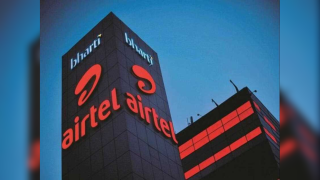Jacob Rees-Mogg (pictured), Secretary of State for Business, Energy and Industrial Strategy (BEIS), gave his approval to the merger under the National Security & Investment Act.
This is a new UK law brought in after chip design and technology company Arm was hoovered up by SoftBank from under the nose of the government in 2016 for $32 billion. Its aim is to protect strategic UK companies from foreign takeover.
BEIS announced that the transaction does not pose a risk to the UK’s national security.
In March 2022, the companies committed to economic undertakings with BEIS, which underlined their pledge to strengthen and advance the UK’s National Space Strategy. The economic undertakings include an expansion in the number of highly skilled jobs in key areas and a 30% increase in overall research and development spending in the UK.
Mark Dankberg, executive chairman and CEO of Viasat, said: “The combination of Viasat and Inmarsat creates a leading global communications innovator with enhanced scale and scope to affordably, securely and reliably connect the world. The UK government’s clearance of Viasat’s proposed acquisition of Inmarsat under the National Security and Investment Act is another important step forward on the road to closing the deal, and we would like to thank the UK Government for their close collaboration throughout the process.”
Inmarsat CEO Rajeev Suri added: “Inmarsat is proud of our decades of close work with the UK government. Today’s approval brings us closer to delivering the new jobs and investment to the UK that have been committed by both Inmarsat and Viasat. Together, we will be well-positioned to compete in a robust market that has both well-funded new entrants and other industry players in the process of consolidating.”
Dankberg added: “Viasat has been a trusted partner of the UK’s defence and national security communities for more than a decade, including in the provision of its market-leading encryption products.”
The combined company will retain its global international business headquarters in the UK, he said.
Rees-Mogg was famed in a previous post for issuing a memo to staff that his department should use imperial rather than metric measurements, that men should be addressed as “Esq” and that there should be a double space between sentences.






